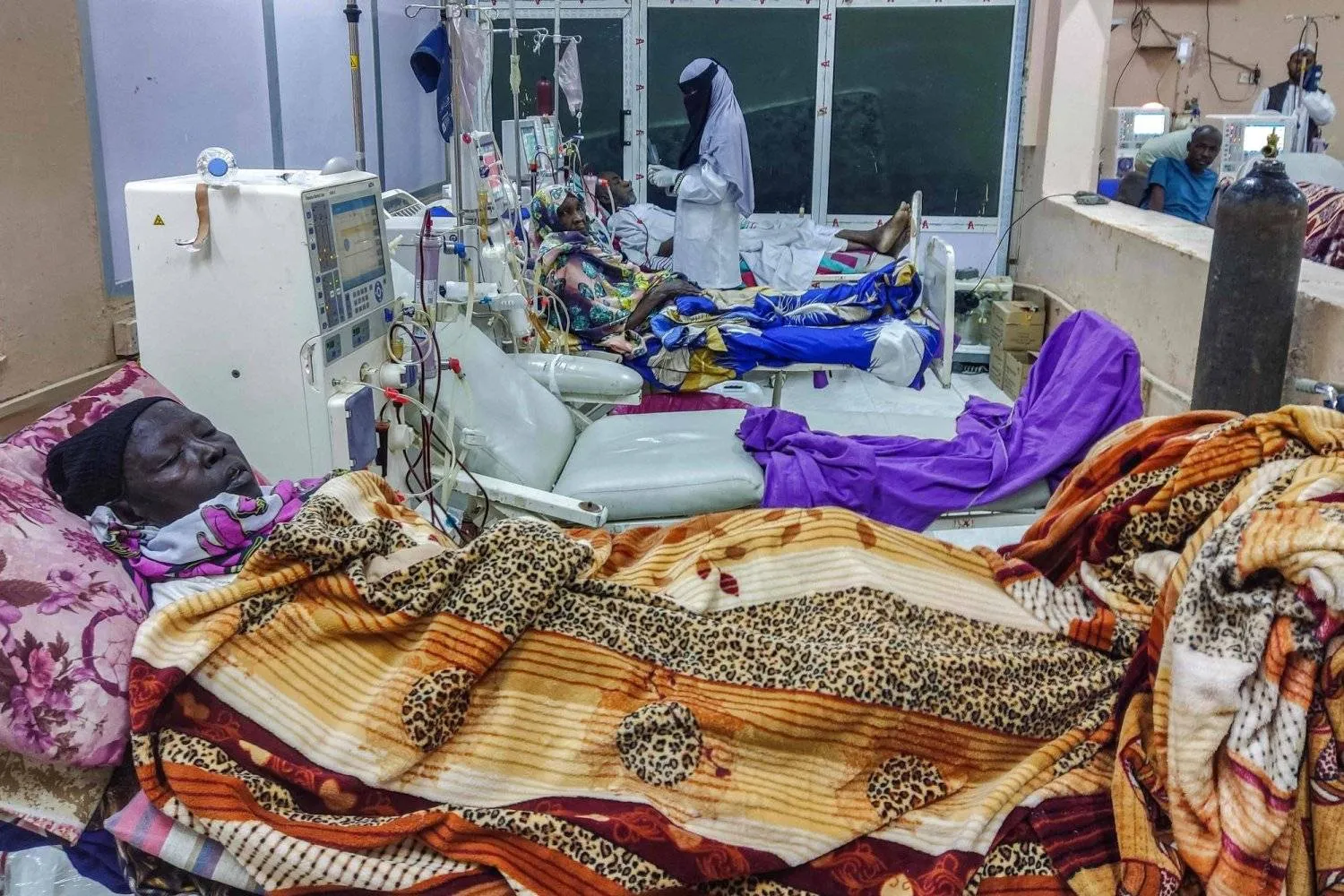The World Health Organization (WHO) warned that Sudan’s hospitals are on the verge of collapse.
In remarks to Asharq Al-Awsat, the WHO Regional Director for the Eastern Mediterranean, Hanan Hassan Balkhi, revealed that about 70 to 80 percent of hospitals in the war-torn provinces were not operating, either due to prolonged attacks, shortage of medical supplies and equipment, or lack of health workers.”
Moreover, the WHO regional director attributed part of the crisis in hospitals to “lack of security,” in addition to the fact that the health system in Sudan “was already exhausted before the war, and is now on the verge of collapse.”
She urged the international community to expedite the delivery of humanitarian aid and work to end the ongoing hostilities in the country, stressing the need to implement the decisions of the recent Paris conference.
On her recent visit to Sudan in mid-march, Balkhi said: “My observations on the ground have confirmed the devastating humanitarian crisis of frightening proportions that the ongoing conflict has made 25 million people need urgent assistance this year, while the war forced the displacement of 8.6 million people, and at least 14,600 people were killed, and 33,000 others injured.”
According to the WHO regional director, the outbreaks of diseases are increasing, including cholera, measles, malaria, poliovirus type 2, dengue fever, and hepatitis E, in light of the disruption of basic public health services...
Food insecurity has reached a record level, as nearly half of the children suffer from acute malnutrition, she emphasized.
Balkhi said that the World Health Organization was deploying all possible efforts “within the available capabilities.”
“We are pursuing all possible means and working with local and international partners to make life-saving health care accessible to millions of the most vulnerable people,” she told Asharq Al-Awsat.
For a whole year, according to Balkhi, the WHO and its partners maintained a large presence on the ground. The organization offered aid to about 2.5 million people, while mobile clinics provided services to 3.3 million individuals, including cholera, measles, and rubella vaccines to millions of people in different states.
Since the beginning of the war in Sudan, “the organization has verified at least 62 attacks on health care, resulting in 38 deaths and 45 injuries,” she said, adding: “We condemn in the strongest terms the continued attacks on health care in Sudan, and the occupation of health facilities. These attacks must stop.”









